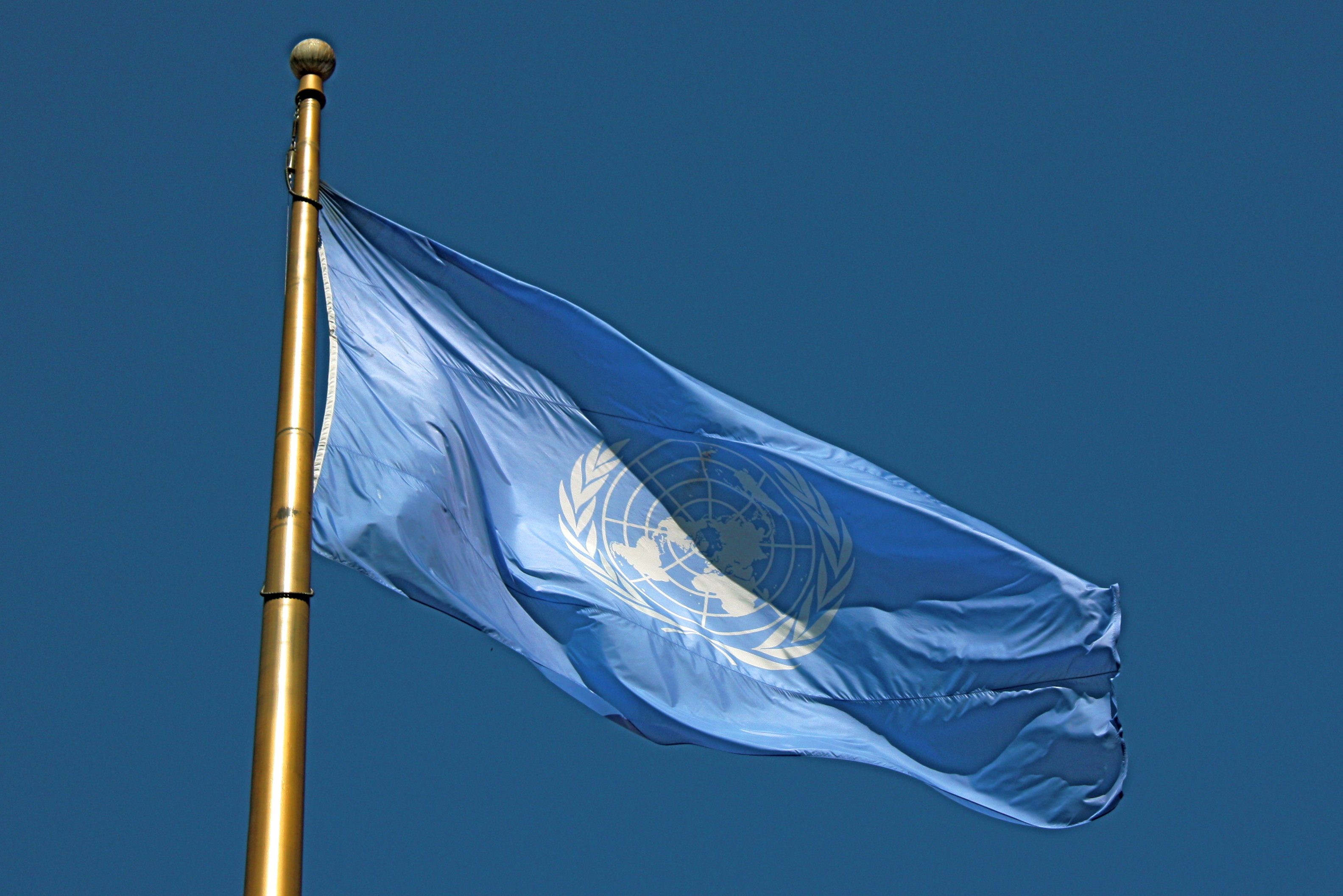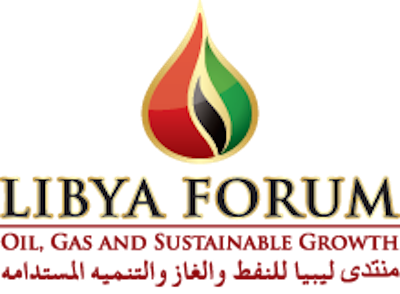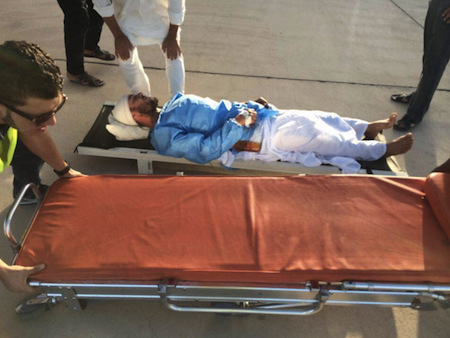By Libya Herald staff.

Tripoli, 14 October 2014:
The targeted assassinations of activist such as Tawfik Ben Saud, Sami Al-Kawafi and . . .[restrict]Salwa Bugaighis have created a “climate of fear” which “threatens to silence the few independent voices emerging from within the country” the UN High Commissioner for Human Rights has said.
“The work of civil society activists, journalists and human rights defenders is particularly crucial in the context of the ongoing conflict in Libya,” Zeid Ra’ad Al-Hussein, the UN human rights chief, warned. “Victims of human rights violations and abuses in Libya rely on these important actors to document and draw attention to their plight,” he explained.
Human rights defenders, political activists, bloggers and media professionals have been under increasing attack from armed groups in Libya since mid-May, when fighting intensified in and around Benghazi and later erupted in Tripoli, the Office of the High Commissioner for Human Rights (OHCHR) said today
Hussein said the UN had received reports of intimidation, harassment, abductions and murder, causing some human rights defenders to flee the country, curtailing their activism and forcing some to go into hiding with their families.
Activists, he said, have been shot in the street while going to work or coming out of mosques after prayers. Many have received text messages or have been the subject of social media posts threatening them or their families with death, abduction or rape, Hussein added.
The worst violence against human rights workers has taken place in Benghazi. Referring to “Black Friday” in September, in which 10 people were killed in one day, OHCR pointed to the example of the targeted murders of youth activists Tawfik Ben Saud and Sami Al-Kawafi as some of the worst violations committed in the country.
It also named journalist Muftah Abu Zeid, lawyer and human rights activist Salwa Bugaighis and Derna lawyer Usama Al-Mansuri as other civil society activists killed in the city.
The High Commissioner added that women activists, those living in Tripoli and media professionals were also at particular risk.
“I condemn these attacks, which are taking place with impunity, with police officers, prosecutors and judges themselves being targeted by armed groups,” High Commissioner Hussein said. He urged the Libyan authorities to take all possible measures to undertake prompt, thorough and impartial investigations, and to hold those found responsible to account.
Hussein warned the armed groups exercising effective control on the ground in Libya that their members and leadership are accountable under Libyan and international law for the abuses they are committing or failing to stop.
“Attacks against civilians are war crimes,” Zeid warned, noting that the International Criminal Court (ICC) continues to have jurisdiction over such crimes in Libya.
However, despite the condemnations, neither the UN nor the ICC has sanctioned or indicted anyone in Libya for such crimes, although both are believed to have sufficient evidence to do so.
[/restrict]









